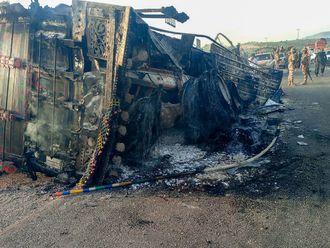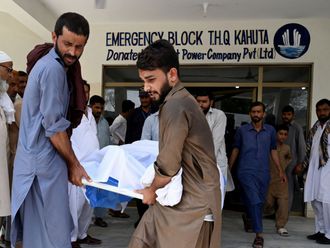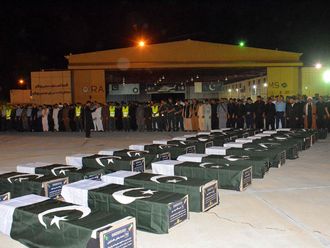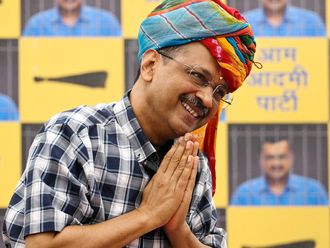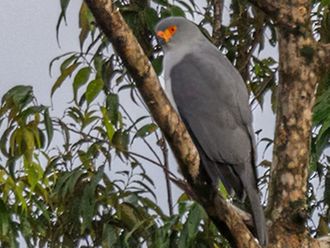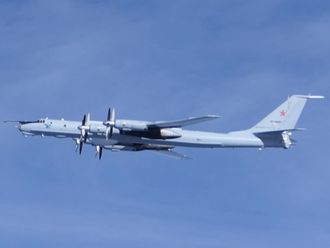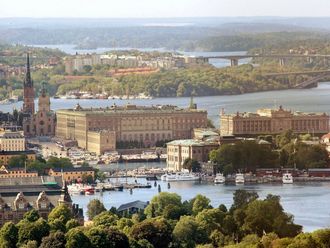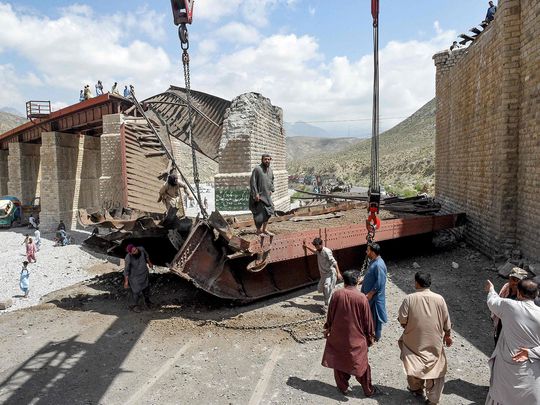
QUETTA, Pakistan: Pakistani forces hunted separatist militants on Tuesday who killed dozens when they pulled passengers off buses, blew up a bridge and stormed a hotel a day earlier.
Militants in Balochistan took control of a highway and shot dead 23 people, mostly labourers from neighbouring Punjab province, attacked the hotel and the railway bridge which connects Balochistan to the rest of Pakistan.
Security forces have been battling sectarian, ethnic and separatist violence for decades in impoverished Balochistan, but the coordinated attacks that took place in several districts throughout the province were one of the worst in the region’s history.
The sites hit were cordoned off Tuesday as the search for assailants went on.
“But no arrests have been made so far, and no additional militants have been killed,” provincial government spokesman Shahid Rind said.
Monday’s death toll includes 34 civilians and 15 members of the security forces, while the military said troops killed 21 militants.
Doors open for talks
Prime Minister Shehbaz Sharif said the attacks were “deplorable”.
“In Balochistan, the doors for negotiation are always open to those who believe in Pakistan and accept its constitution and flag,” he said on Tuesday as he addressed a cabinet meeting.
The Baloch Liberation Army (BLA), the most active militant separatist group in the province which has previously targeted Chinese interests in the region, said it was responsible for the attacks.
Sharif said their “sole aim is to halt Pakistan’s progress, sabotage the development projects under the China-Pakistan Economic Corridor (CPEC), and create divisions between Pakistan and China.”
Targeting outsiders
Balochistan, which borders Afghanistan and Iran, is Pakistan’s poorest province, despite an abundance of untapped natural resources, and lags behind the rest of the country in education, employment and economic development.
The China-Pakistan Economic Corridor (CPEC) has seen tens of billions of dollars funnelled into massive transport, energy and infrastructure projects.
But the safety of its citizens is becoming an increasing concern for Beijing.
Baloch separatists have intensified attacks on Pakistanis from neighbouring provinces working in the region in recent years, as well as foreign energy firms including deadly attacks on Chinese citizens.
Punjabis are the largest of the six main ethnic groups in Pakistan and are perceived as dominating the ranks of the military.
Eleven Punjabi labourers were killed when they were abducted from a bus in the city of Naushki in April, and six Punjabis working as barbers were shot in May.
Kiyya Baloch, an analyst and former journalist tracking violence in Balochistan, said: “Never before have so many coordinated attacks occurred simultaneously across multiple districts of Balochistan.”
Meanwhile, the mangled track of a Pakistan railway line hung over a dry river bed on Tuesday.
The colonial-era bridge - a key link between Balochistan province and the rest of the country - was blown apart on Monday, with a section of a fallen tack blocking a motorway below and another hanging from a damaged column.
“Explosives were used to attack our main bridge routes yesterday, which has stopped trains from travelling to other parts of the country,” Mohammad Kashif, a senior railway official in Balochistan, told AFP.
“We’re working to clear the road as quickly as possible to ease traffic for the public,” he said.
“We do not know how much time it would take to restore the bridge in Bolan.”
The fallen tracks and rubble from the bridge that blocked the road below was being cleared by authorities.
“It’s a steep mountainous area and fear is natural, but the journey has to go on. We often pass through here in a convoy of three or four vehicles,” a truck driver from the neighbouring province of Sindh told AFP, while waiting for the road to reopen.


